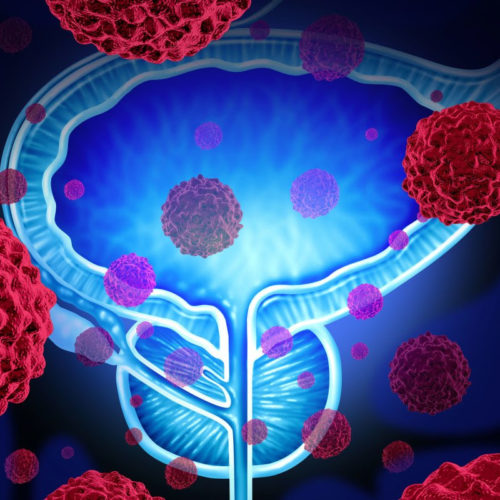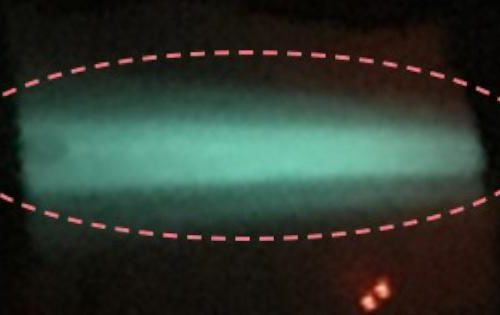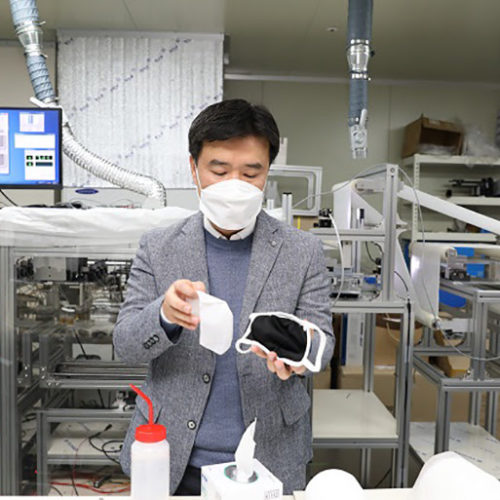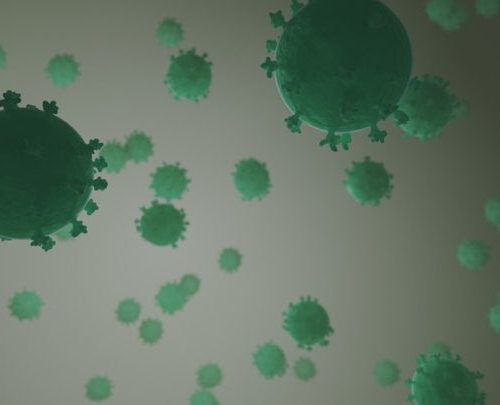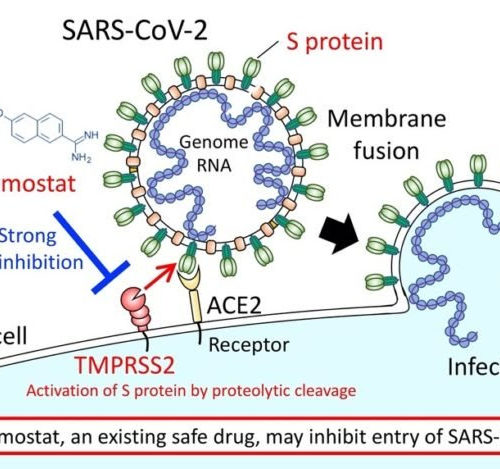By Rich Haridy Two newly published studies are presenting novel diagnostic techniques to help catch the most aggressive forms of prostate cancer at an early stage. A University of East Anglia study presents an innovative way to measure gene expression in tumor samples and predict disease severity, while an Australian study details a new kind...
Sensing internal organ temperature with shining lights
TOHOKU UNIVERSITY A cheap, biocompatible white powder that luminesces when heated could be used for non-invasively monitoring the temperature of specific organs within the body. Tohoku University scientists conducted preliminary tests to demonstrate the applicability of this concept and published their findings in the journal Scientific Reports. Thermometers measure temperature at the body’s surface, but...
Study reveals an inherited origin of prostate cancer in families
VANDERBILT UNIVERSITY MEDICAL CENTER Vanderbilt researchers have identified haplotypes, ancestral fragments of DNA, that are associated with hereditary prostate cancer (HPC) in a first-of-its-kind genomic study made possible by the study of prostate cancer patients with family histories of the disease. The researchers analyzed the Nashville Familial Prostate Cancer Study (NFPCS), in an investigation comparing...
Magnetic Beads Trap E. Coli from Body Fluid Samples
MEDGADGET EDITORSDIAGNOSTICS, MATERIALS, MEDICINE, NANOMEDICINE, PATHOLOGY, PEDIATRICS, PUBLIC HEALTH While current concern is all about the COVID-19 virus that originated in China and spread around the world, this pathogen will eventually disappear. Escherichia coli (E. coli) bacteria, though, is with us for the long run and it can cause just as much suffering as COVID-19....
Washable Face Masks Thanks to Electrospun Nanofibers
MEDGADGET EDITORS MATERIALS, PUBLIC HEALTH One big reason there’s a shortage of face masks that can block the spread of the COVID-19 virus is that they’re single-use devices. The exterior may be contaminated and there’s a good chance that keeping the mask and using it again could transmit the infection, particularly when masks are used...
Startup Invents Compact Home Device with Blockchain Technology Capable of Detecting Coronavirus
Silicon Valley entrepreneur and Nobel Laureate Protege Dr. Ned Saleh announced that the compact blood-testing device invented by his startup Synsal Inc. could have detected the Coronavirus outbreak and saved lives had it been deployed in the mass market. Saleh stated Synsal’s technology has been verified on a similar infectious pathogen using a method called...
Metals could replace conventional antibiotics if antibiotic resistance continues to increase
The world is facing a huge problem of antibiotic resistant bacteria. Once our medicine stops working against bacterial infections, we are going to be in huge trouble. But scientists are already looking for alternative approaches. One of them could be metals, as indicated by this new study from the University of Queensland. Various bacteria are...
Existing Japanese pancreatitis drug Nafamostat expected to prevent the transmission of new coronavirus infection (COVID-19)
Nafamostat mesylate (brand name: Fusan), which is the drug used to treat acute pancreatitis, may effectively block the requisite viral entry process the new coronavirus (SARS-CoV-2) uses to spread and cause disease (COVID-19). The University of Tokyo announced these new findings on March 18, 2020. According to the new research, Nafamostat can prevent the fusion...
NERVES ARE A LIFELINE FOR GROWING CANCERS
Different stem cell populations connect to nerves in distinct ways, new research shows. Innervation may therefore be crucial for proper tissue regeneration, researchers report. In their new work, the researchers also demonstrate that cancer stem cells likewise establish contacts with nerves. Targeting tumor innervation could therefore lead to new cancer therapies. Stem cells can generate...
Changes in surface sugarlike molecules help cancer metastasize
UNIVERSITY OF CALIFORNIA – DAVIS Changes in a specific type of sugarlike molecule, or glycan, on the surface of cancer cells help them to spread into other tissues, according to researchers at the University of California, Davis. Published March 23 in Proceedings of the National Academy of Sciences, the work could lead to diagnostic tests...

